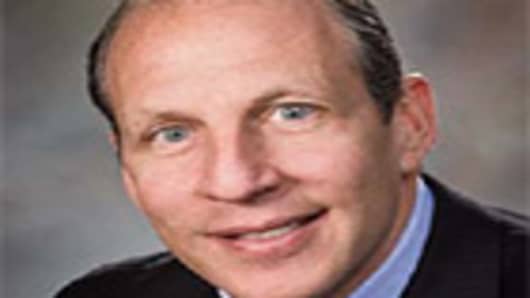Like many employees, second-guessing your boss or company is a game that financial advisers at the big Wall Street firms play, too.
From the inside, it may appear that you could easily run your own company better and more profitably while enjoying building a businessfrom the ground up. But are you up to the challenge?
At big, national firms, "it’s such a plug-and-play atmosphere,” said Jack Elgin, a financial adviser who left UBS two years ago to start his own business with his partner there, Neven Zelich.
Elgin and Zelich, who are principals of Mid Atlantic Capital Corp. in Akron, Ohio, first worked together at Merrill Lynch, which they left in 2004 to join UBS.
“When you go out on your own, you have to think about how everything ties together — from technology to back office to compliance to products to platforms.” said Elgin.
According to AdviceIQ/Meridian-IQ, a database of registered investment advisers, RIA, there are 28,574 RIA entities, usually in offices of two to eight employees, and most are managing between $25 million and $50 million in assets. More than a 1,000 were created in 2011.
Elgin said he’s happier on his own and even notes that he wouldn’t do anything differently from what he did two years ago, if he were starting a business again today. Of course, that’s not the case with all advisers going independent.
Here’s what to consider:




